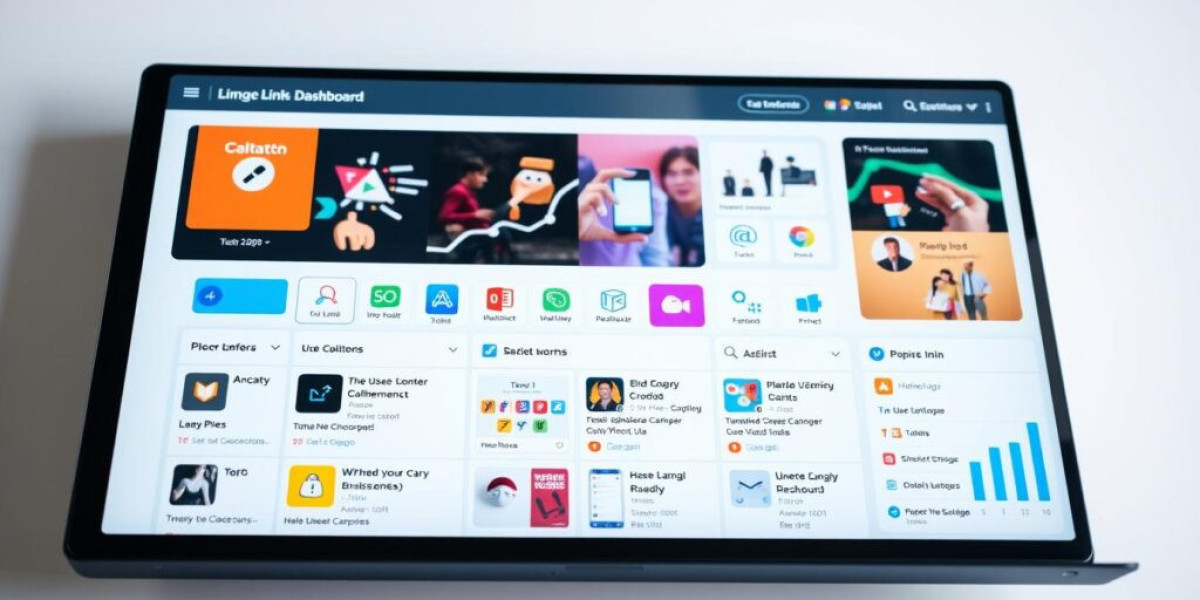In recent years, generative AI tools have become an essential asset for marketers and advertisers. The integration of AI in the digital marketing landscape has transformed the way brands approach content creation, customer engagement, and data analysis. These innovative tools not only streamline processes but also provide enhanced personalization and targeting. As AI continues to evolve, it is set to redefine the future of marketing and advertising. Let’s explore how generative AI is reshaping this dynamic industry.
What is Generative AI?
Generative AI refers to algorithms that can create new content, ideas, or solutions by learning patterns from existing data. Unlike traditional AI, which focuses on analyzing and making decisions based on pre-existing data, generative AI produces fresh outputs, from images and videos to text and even code. This capability makes it particularly useful in marketing, where content is king and consumer expectations are ever-evolving.
AI in Content Creation: The Game Changer
Content creation is one of the most labor-intensive tasks in digital marketing. Marketers must consistently produce engaging and relevant content for different platforms, targeting various audience segments. Generative AI tools simplify this process by automating content creation.
AI-Powered Copywriting
AI-based writing tools, such as OpenAI's GPT models, can generate blog posts, social media captions, ad copies, and more. These tools understand context, tone, and style, producing content that resonates with target audiences. With the ability to draft high-quality content in a fraction of the time it would take a human writer, AI tools enhance productivity and efficiency.
Visual Content Generation
Marketing campaigns often rely on striking visuals, whether for social media posts, advertisements, or website banners. Generative AI tools like DALL-E, MidJourney, or DeepArt can create original images, designs, and even videos based on simple text prompts. This enables brands to produce compelling visuals tailored to their needs without the constraints of stock photos or hiring professional designers.
Video Creation and Editing
Videos are increasingly becoming the dominant form of content online. Generative AI tools can automate video editing by enhancing the quality of raw footage, generating transitions, adding effects, or even creating videos from scratch. Platforms like Synthesia use AI to generate personalized videos at scale, a game-changer for creating personalized video ads or tutorials.
Personalization at Scale: Tailoring Campaigns to Every Customer
One of the biggest advantages of generative AI in marketing is its ability to deliver personalized experiences to consumers. By analyzing vast amounts of data, AI tools can tailor content, advertisements, and product recommendations to the individual preferences of users.
Customer Segmentation
Generative AI can analyze customer data to identify patterns and group users based on behavior, demographics, and preferences. This segmentation allows marketers to create highly targeted campaigns, optimizing ad spend and increasing conversion rates. Moreover, AI can continuously refine these segments as more data becomes available, improving the accuracy of future marketing efforts.
Dynamic Content Personalization
AI can also generate personalized content in real time. For example, websites powered by AI can display personalized landing pages based on user behavior, location, and past interactions. This level of personalization significantly enhances user engagement and can drive higher conversion rates.
Predictive Analytics: Making Data-Driven Decisions
Data is the backbone of successful marketing campaigns. However, processing and analyzing vast amounts of data can be time-consuming and complex. Generative AI tools offer predictive analytics, which helps marketers make informed decisions based on data trends and forecasts.
Forecasting Trends and Demands
Generative AI can analyze historical data to predict future trends, customer behavior, and product demand. By using this information, businesses can optimize their marketing strategies, ensuring that campaigns are relevant and timely. Whether predicting the next trending product or understanding seasonal demand fluctuations, AI-driven insights provide a competitive edge.
Optimizing Marketing Budgets
Generative AI tools can also optimize marketing budgets by predicting the ROI of different campaigns and ad channels. This allows marketers to allocate resources more effectively and ensure that their ad spend delivers the best results. AI tools can even adjust campaigns in real time to maximize efficiency and performance.
AI-Driven Social Media Marketing
Social media has become a critical platform for businesses to connect with customers. Generative AI is taking social media marketing to the next level by automating content creation and managing social interactions.
Automated Social Media Posts
AI tools can automatically generate and schedule posts on social media platforms, ensuring a consistent online presence. By analyzing engagement data, these tools can optimize the timing and frequency of posts to maximize reach and interaction.
Social Listening and Engagement
Generative AI tools are also being used to monitor social media platforms for mentions of brands, products, or industry trends. These tools can analyze conversations, detect sentiment, and even engage with customers in real-time through automated responses or chatbots.
AI in Advertising: Enhanced Targeting and Optimization
Generative AI plays a pivotal role in the world of advertising, especially when it comes to targeting the right audience and optimizing ad performance.
Programmatic Advertising
Programmatic advertising, powered by AI, enables automated buying and placement of ads. AI can analyze user behavior, demographics, and browsing history to target individuals with highly relevant ads. This increases the chances of conversion and reduces wasted ad spend.
Dynamic Ad Creation
Generative AI can also create dynamic ads tailored to different audience segments. These ads can be customized based on user data, such as location, interests, or browsing history, making them more engaging and effective.
Ethical Considerations in AI Marketing
While generative AI offers immense potential, it also raises ethical concerns. The use of AI to create realistic-looking content or manipulate consumer behavior has sparked debates about privacy, consent, and transparency.
It is essential for marketers to ensure that their use of AI is ethical, transparent, and respects consumer privacy. Clear guidelines and regulations are necessary to maintain trust between brands and their audiences.
Conclusion: The Future of Marketing and Advertising
Generative AI tools have become indispensable for modern marketing and advertising strategies. From content creation and personalization to predictive analytics and ad optimization, these tools offer unprecedented opportunities for businesses to engage with consumers and drive growth. As AI continues to advance, we can expect even more innovative solutions that will transform the digital marketing landscape. Marketers who embrace AI today will be better equipped to meet the challenges and opportunities of tomorrow.
FAQs About Generative AI Tools for Marketing and Advertising
1. How does generative AI help in content creation?
Generative AI can automate the creation of content such as blog posts, social media posts, advertisements, and visuals. By learning from existing data, AI tools can generate high-quality content quickly, saving time and enhancing productivity.
2. Can AI tools create personalized content for each user?
Yes, generative AI tools can analyze user data and behavior to create highly personalized content. This allows brands to tailor their messaging, product recommendations, and advertisements to each individual, increasing engagement and conversion rates.
3. How does AI improve targeting in advertising?
Generative AI uses data to analyze user behavior, demographics, and interests to create highly targeted ads. AI can optimize ad placement and content to ensure it reaches the right audience at the right time, improving ad performance and reducing costs.
4. What ethical concerns are associated with AI in marketing?
Ethical concerns include privacy issues, data manipulation, and transparency. Marketers need to ensure that they use AI responsibly, respecting consumer rights and being transparent about how customer data is collected and used.
5. Will AI replace human marketers in the future?
While AI can automate many tasks in marketing, such as content creation and data analysis, human marketers will still be essential for strategic decision-making, creativity, and building relationships with customers. AI is a tool that enhances the capabilities of marketers, not a replacement.







